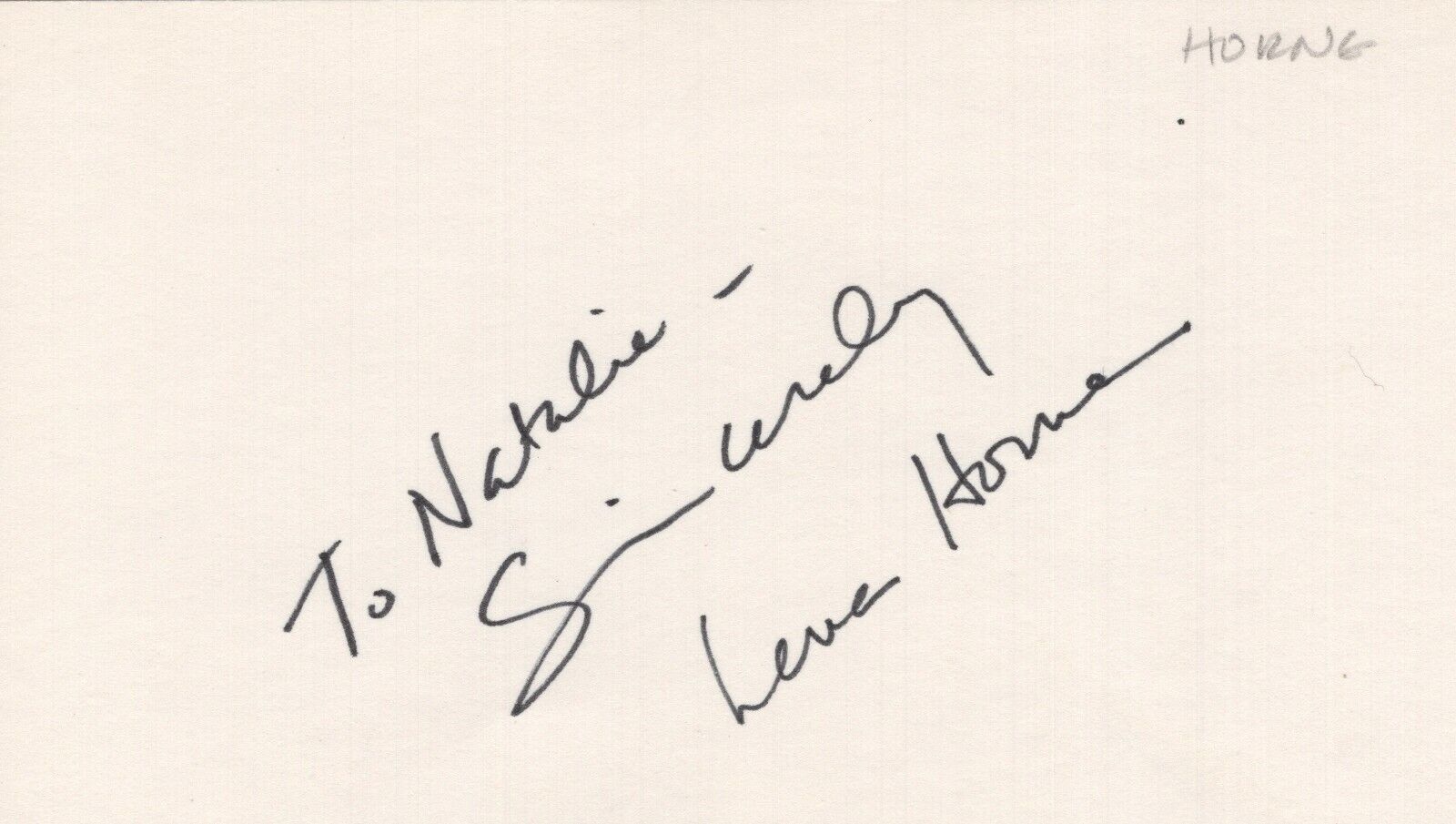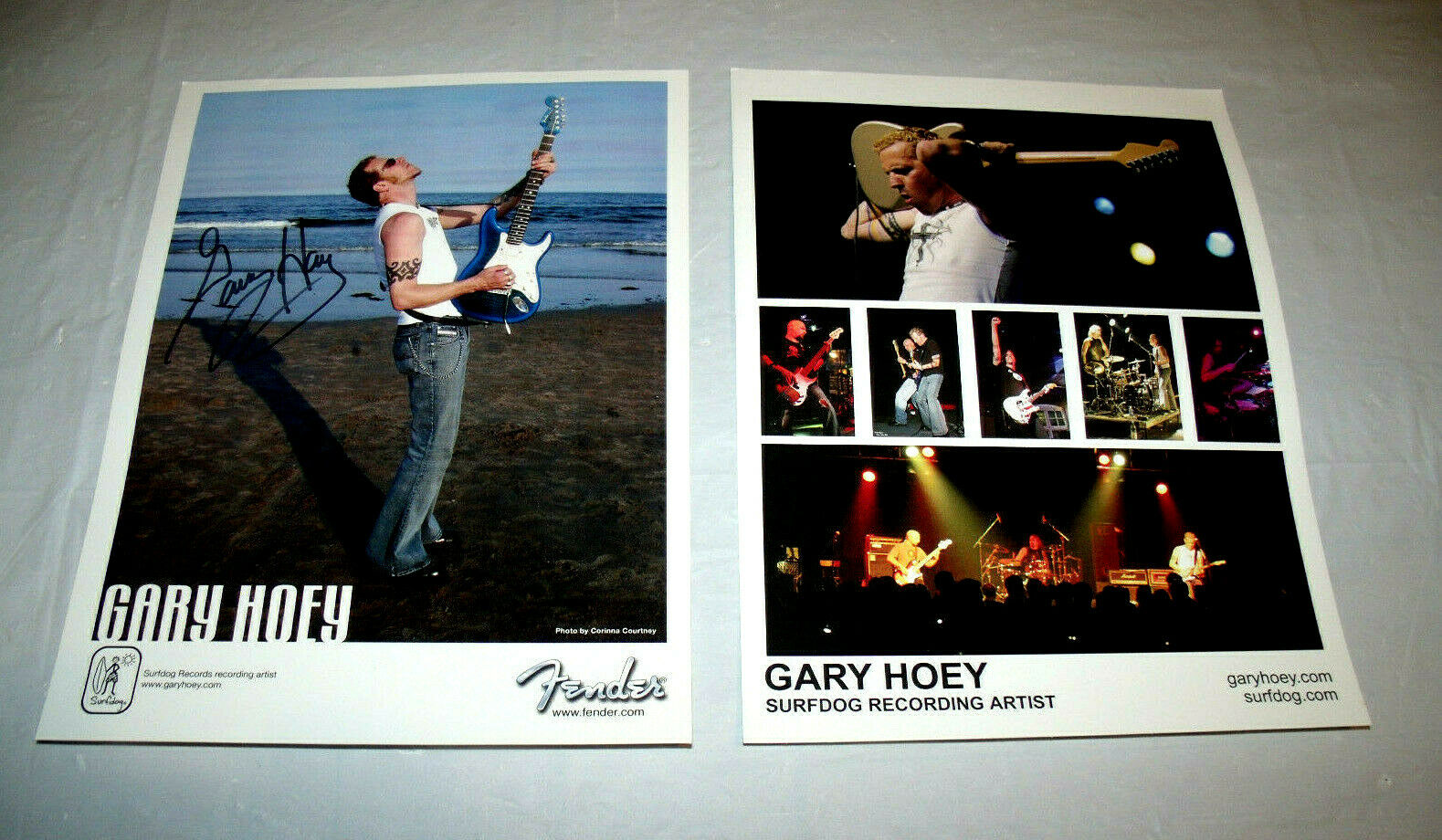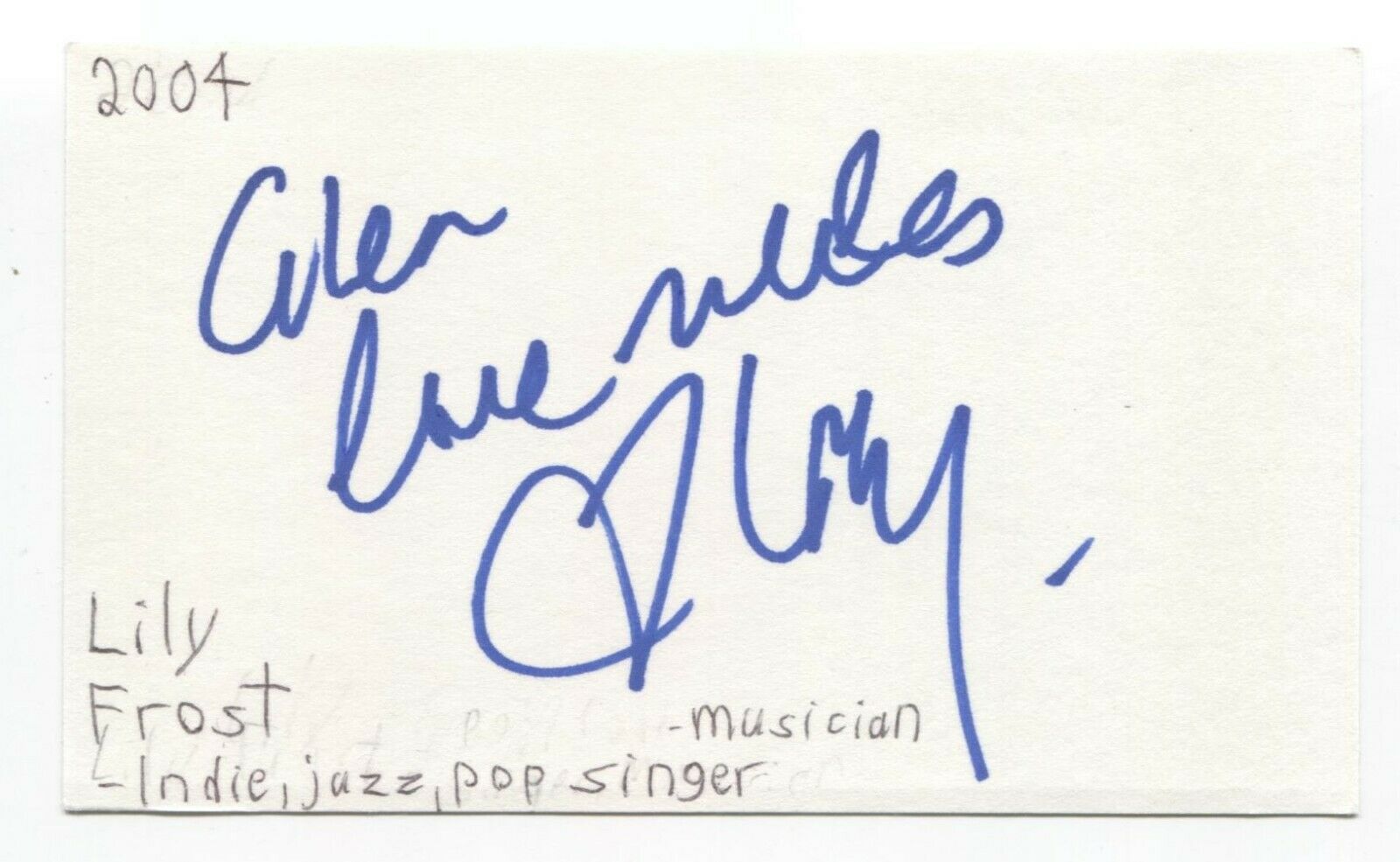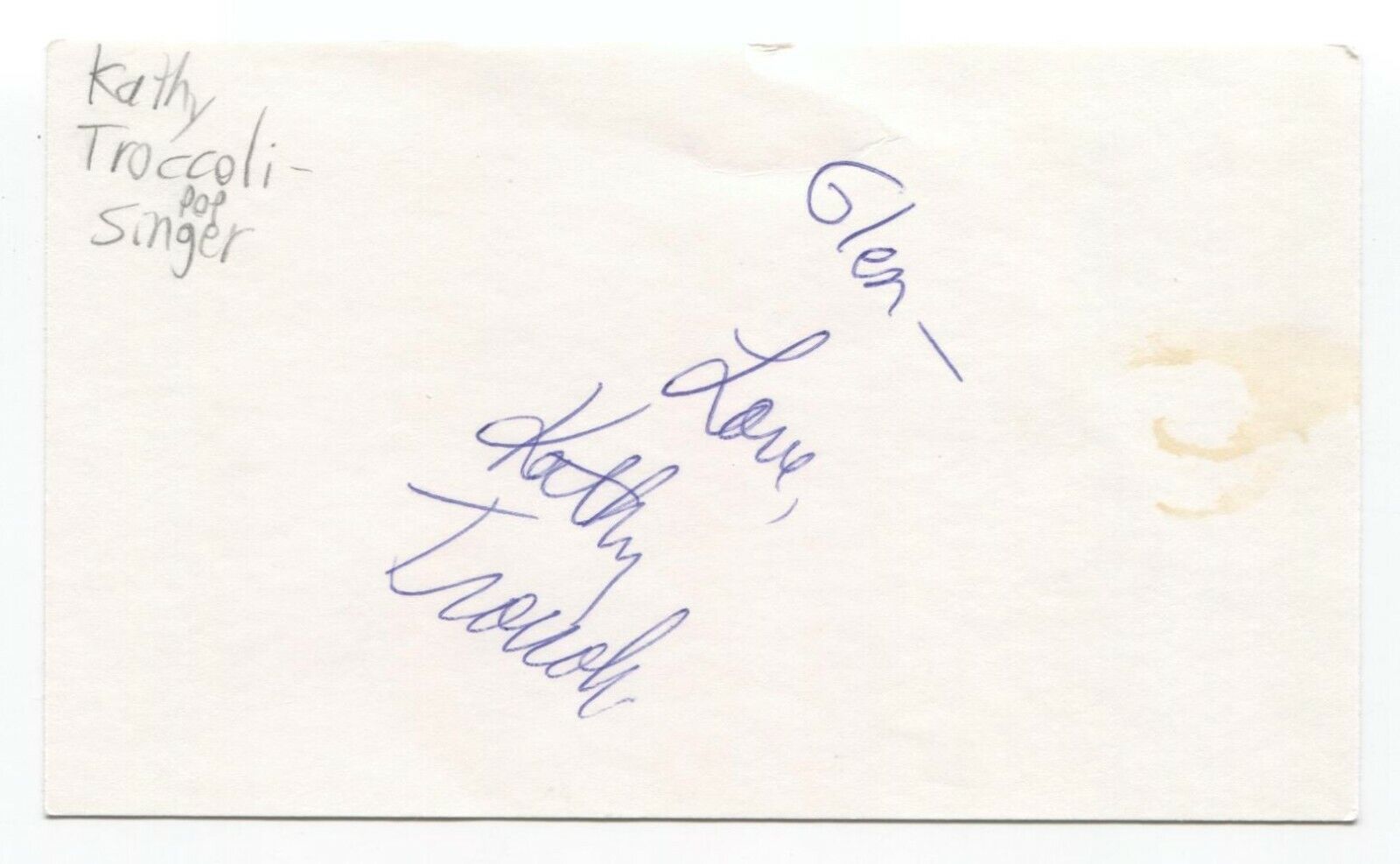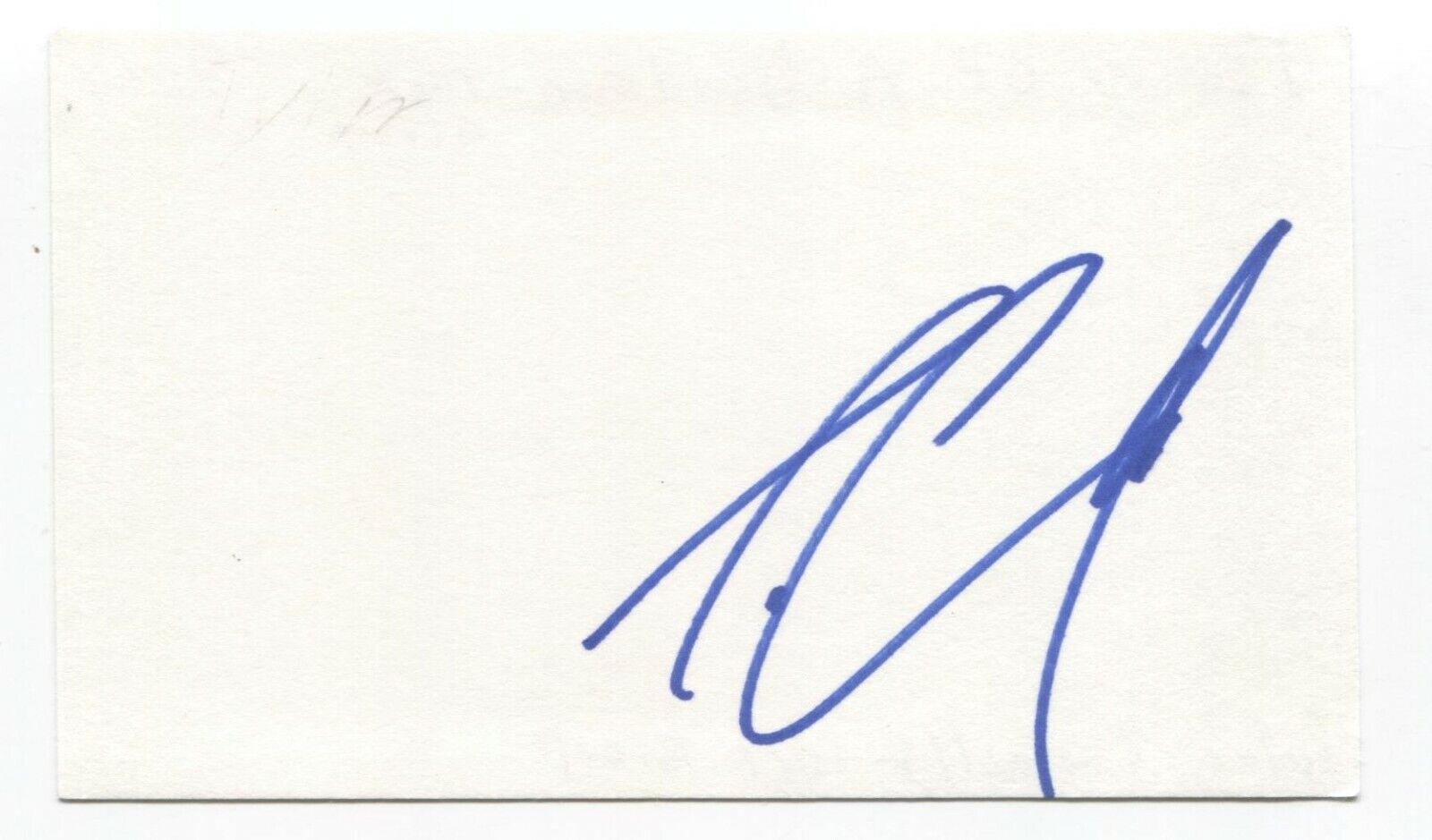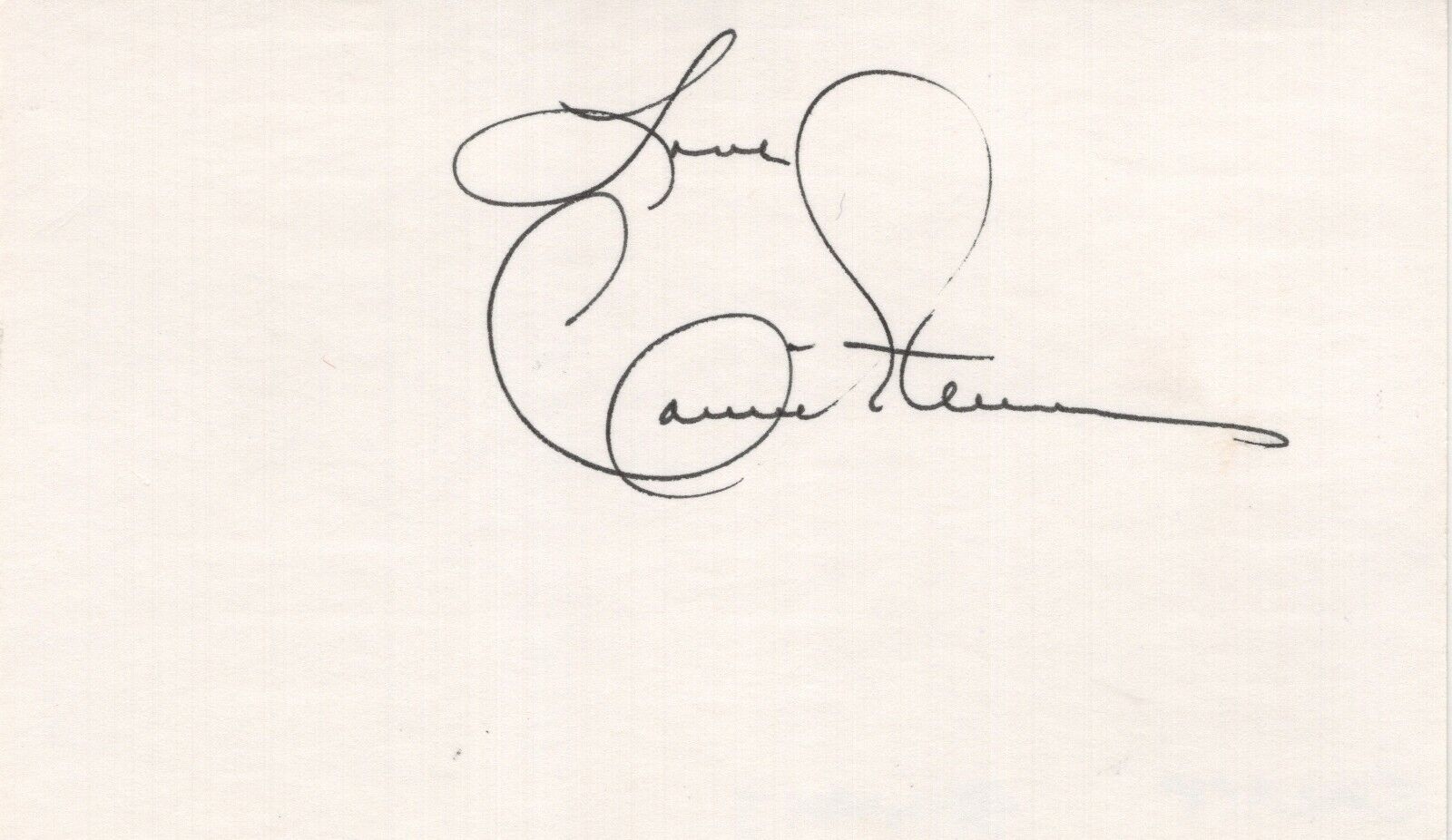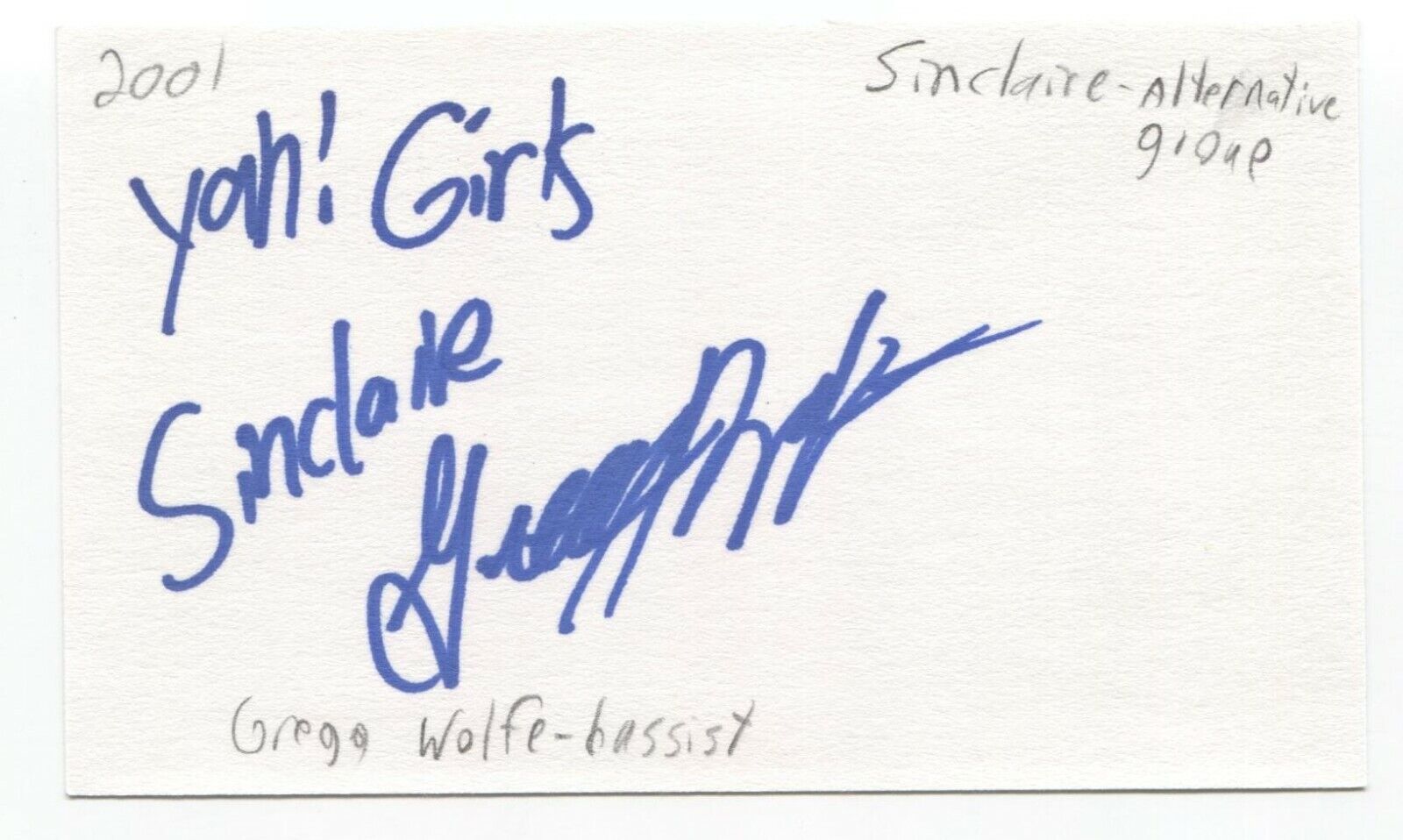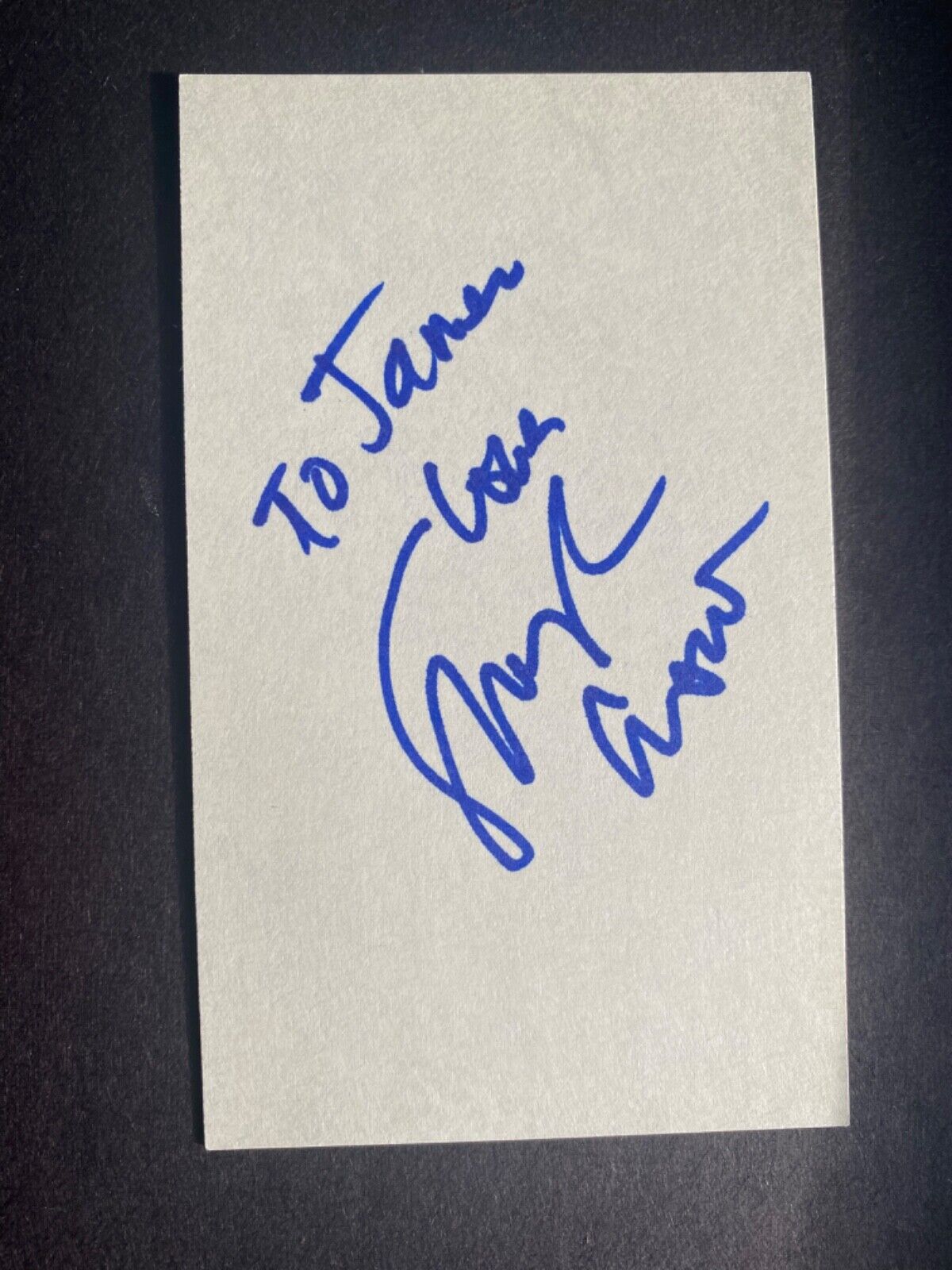-40%
LENA HORNE “STORMY WEATHER” “LOVE ME OR LEAVE ME” SIGNED 3X5 INDEX CARD
$ 6.33
- Description
- Size Guide
Description
Offered here is a 3X5 index card signed by the late Lena Horne.I am selling my collection of autographs that I have purchased several years ago from an array of sources – from eBay sellers, from dealers with professional credentials, and from the signers themselves via the mail. Some came with COA’s; most did not. When I obtained these signatures, I believed them to be genuine and I believed that they were genuine when I posted them on Ebay.
I have received opinions from others, including PSA/DNA whose opinion I sought, indicating that some of the signatures that I have posted were not likely to be genuine. I have pulled those questionable signatures, and will not post them for sale again in the future. It is not my intention to sell autographs that are not authentic, and I will continue do my best to try to ensure that the signatures that I am offering are genuine. As indicated below, all signatures that I sell come with a money-back guarantee if they are judged to be of doubtful authenticity.
If the signature or signatures is/are determined to be inauthentic by a well-recognized autograph expert, this item may be returned for a full refund.
For those who'd prefer a different form of shipping, please contact me so that we can discuss what your shipping charges might be.
NOTE TO INTERNATIONAL BUYERS:
As of January 1, 2021, eBay collects a VAT (Value Added Tax) for the Customs bureau of that country. Some countries charge an exorbitant 20% VAT. Some countries make distinctions for historical documents such as autographs, and charge a more reasonable 5% VAT. PLEASE CHECK WITH CUSTOMS IN THE COUNTRY YOU RESIDE IN REGARDING A VAT AND WHAT THAT TAX WILL BE FOR THE ITEM YOU WISH TO PURCHASE FROM ANY SELLER.
Short Bio:
Singer/actress Lena Horne's primary occupation was nightclub entertaining, a profession she pursued successfully around the world for more than 60 years, from the 1930s to the 1990s. In conjunction with her club work, she also maintained a recording career that stretched from 1936 to 2000 and brought her three Grammys, including a Lifetime Achievement Award in 1989; she appeared in 16 feature films and several shorts between 1938 and 1978; she performed occasionally on Broadway, including in her own Tony-winning one-woman show, Lena Horne: The Lady and Her Music, in 1981-1982; and she sang and acted on radio and television. Adding to the challenge of maintaining such a career was her position as an African-American facing discrimination personally and in her profession during a period of enormous social change in the U.S. Her first job in the 1930s was at the Cotton Club, where blacks could perform but not be admitted as customers; by 1969, when she acted in the film Death of a Gunfighter, her character's marriage to a white man went unremarked in the script. Horne herself was a pivotal figure in the changing attitudes about race in the 20th century; her middle-class upbringing and musical training predisposed her to the popular music of her day, rather than the blues and jazz genres more commonly associated with African-Americans, and her photogenic looks were sufficiently close to Caucasian that frequently she was encouraged to try to "pass" for white, something she consistently refused to do. But her position in the middle of a social struggle enabled her to become a leader in that struggle, speaking out in favor of racial integration and raising money for civil rights causes. By the end of the century, she could look back at a life that was never short on conflict, but that could be seen ultimately as a triumph.
Horne
first attracted attention beyond the chorus when she replaced a sick performer in a performance of Harold Arlen
and Ted Koehler's "As Long As I Live" with Avon Long. Soon after, she sang "Cocktails for Two" with Claude Hopkins & His Orchestra on a theater date with the Cotton Club troupe, and she began taking singing lessons. She was spotted at the Cotton Club by a theatrical producer and cast in a small part in the play Dance with Your Gods, which opened a brief run on October 6, 1934, marking her Broadway debut. In 1935, she left the Cotton Club and took a job singing with Noble Sissie & his Orchestra billed as Helena
Horne
. She made her recording debut with
Sissie on March 11, 1936, singing "That's What Love Did to Me" and "I Take to You," both released by Decca Records.
Among its selections were songs she would sing throughout her career, including a revival of the 1933 Cotton Club song "Stormy Weather," written by Harold Arlen and Ted Koehler, and George
and Ira Gershwin's 1928 standard "The Man I Love." Giving up on the large club he had in mind (which was to have been called the Trocadero),
Horne’s
sponsor instead opened a small club, the Little Troc, in February 1942 with her as headliner. She attracted attention immediately, notably from the film community, and entertained offers from the film studios before settling on MGM. Even then, she brought in a representative of the NAACP to consult on her contract so that she would not be forced to play the kind of demeaning roles usually given to African-Americans
Of course, in early 1964 the Beatles
led the British Invasion, which tended to marginalize middle-of-the-road performers like
Horne
in American record stores. Nevertheless, she did what she could, turning more to television, with a special filmed in England in March 1964 and eventually shown in the U.S. in December, and more appearances on variety shows.
In May 2010,
Horne
died at the age of 92.
by William Ruhlmann
